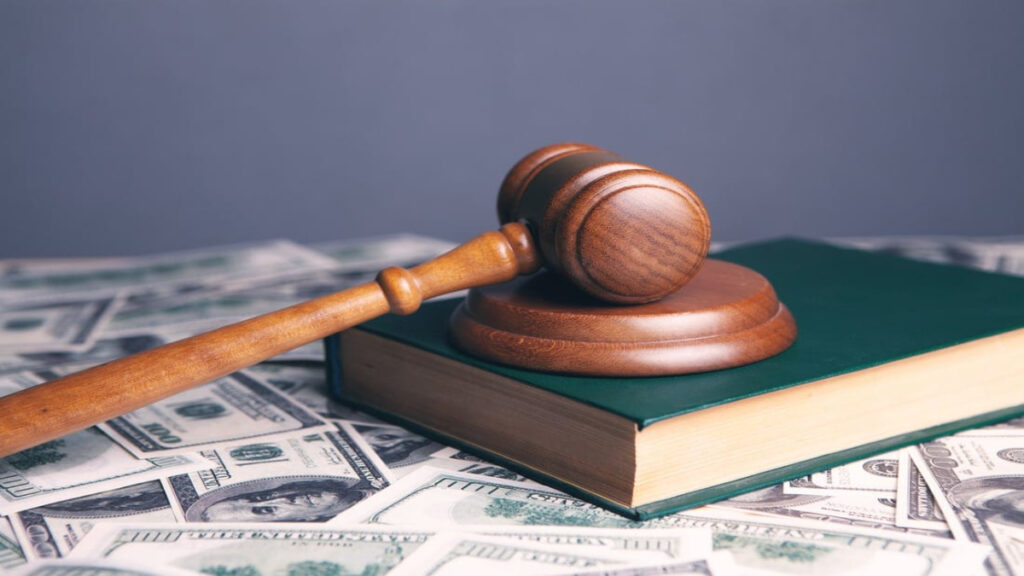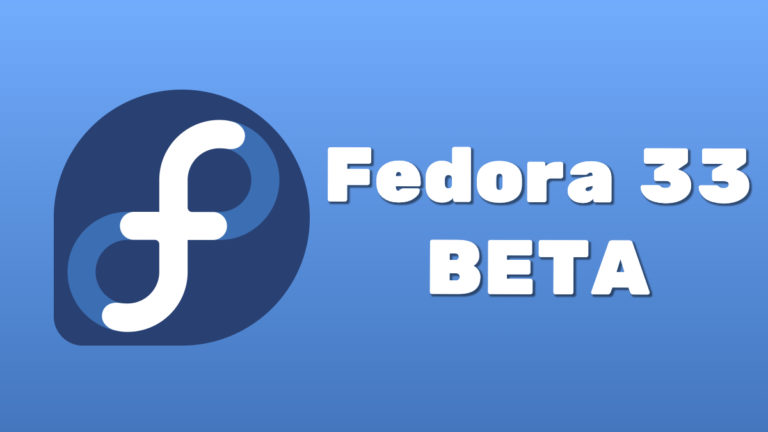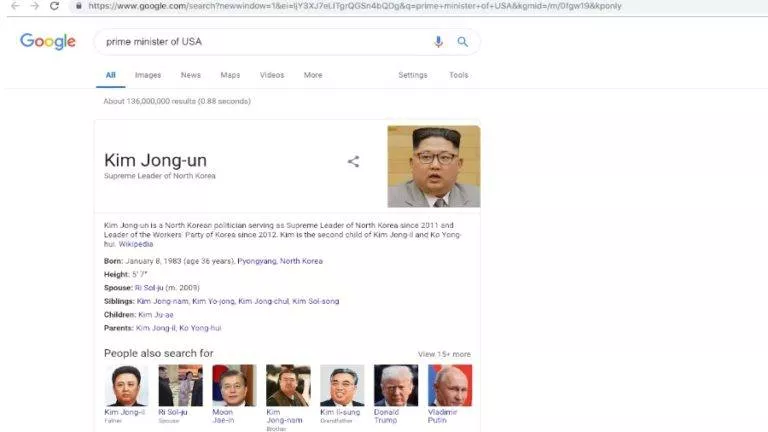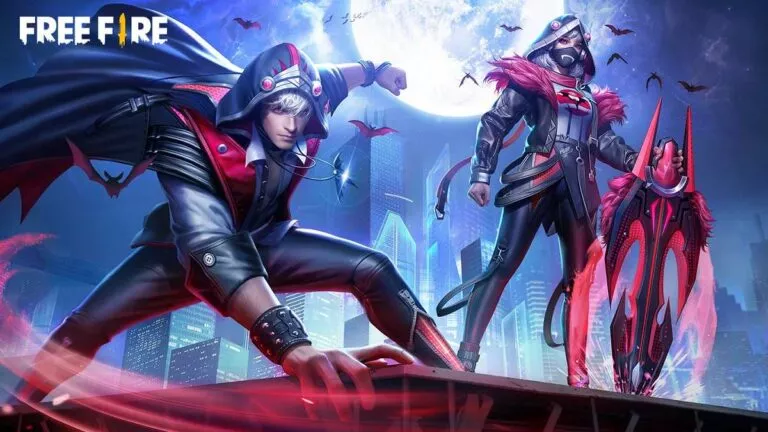Supreme Court Blocks Controversial Texas Social Media Law

The supreme court has blocked a controversial Texas social media law from taking effect. The court took this decision after considering the warnings from tech companies as they said it could provoke hateful content online.
The decision does not rule on the merits of the law. However, it poses an injunction blocking it from taking effect while officials decide whether it should be enforced or not. The supreme court can be asked to take a look at the integrity of the law in the future.
What is this Texas social media law about?

A report from CNBC states; As five justices on the court voted to block the law for now you’d be right to think that is a big deal. A written dissent was issued from the decision by three of them. Justice Elena Kagan also voted to allow the law to remain in effect while a stand against is pending.
The law HB20 prohibits online platforms from moderating or removing content based on viewpoint. Although, It stems from a common charge on the right that major California-based social media platforms; like Facebook and Twitter are biased in their moderation strategies and disproportionately quiet conservative voices.
The platforms have said they apply their community guidelines evenly and right-leaning users often rank among the highest in engagement. This basically enables Texas residents and the state of Texas to sue tech companies for issuing bans based on “political viewpoints”.
The decision hence states that the law will remain blocked while the case moves ahead. According to the newspaper NPR, tech companies have argued that the rule violates their right to free speech, claiming that; the Constitution protects their freedom to govern platform material in the same manner that it protects a newspaper’s publication decisions. The groups also claimed that the law will host hate speech and extremism.
Where do things stand?
Lastly, “Texas’s HB 20 is a constitutional trainwreck,” Chris Marchese NetChoice’ss Counsel said. “We are relieved that the First Amendment, open internet, and the users who rely on it remain protected from Texas’s unconstitutional overreach.” In September 2021, Texas Governor Greg Abbott signed House Bill 20.
He is one of many people who believe that social media corporations restrict conservatives. A judge stopped Florida Governor Ron DeSantis’ attempt to enact a similar bill, claiming it would violate social media firms’ First Amendment rights.
Because the Fifth Circuit panel appears to be inclined to sustain the legislation. The Texas case will almost probably return to the Supreme Court. If that happens, a judgment by the Supreme Court would directly contradict a ruling by the Eleventh Circuit Court of Appeals. Hence, leaving the disagreement to be resolved by the Supreme Court.






